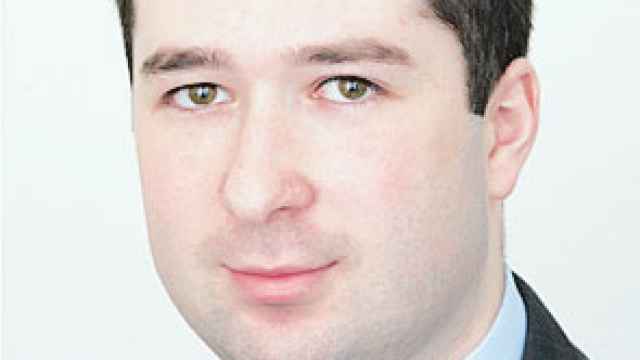The MT Conferences section did not involve the reporting or the editorial staff of The Moscow Times.

Kazbek Sasiyev
Associate,
Dentons
New rules effective Jan. 1, 2014 limit the stay of foreign citizens entering Russia visa-free to 90 days in each 180 days.
It is normal international practice for persons entering and staying in a country of which they are not citizens to have a certain time interval between their visits to the country, except for cases such as study, work, a residence permit, or other special permission.
In 2007, Russia introduced similar rules for foreign citizens entering the country on visas. Foreigners holding business or humanitarian visas were limited to visiting for only 90 days out of 180 days. This restriction did not apply to people working or studying at an accredited institution.
Other rules applied to foreigners entitled to visit Russia without a visa — citizens of former Soviet Union countries, with the exception of the Baltic states (Latvia, Lithuania, Estonia), Georgia, and Turkmenistan. Until recently, these visa-free foreign citizens could enter Russia and stay for an uninterrupted 90-day period, then leave and immediately re-enter Russia for the next 90 days — i.e., they could effectively stay year-round. These foreign citizens are now entitled to remain in Russia for a cumulative period of no more than 90 days out of each 180 days.
The new rules do not apply to certain categories of foreigners present in Russia without a visa. Persons in legitimate employment on the basis of a standard or highly qualified specialist work permit, or employed by individuals for personal, household or similar work on the basis of a patent, and students of accredited institutions are not affected. Naturally, foreign citizens that hold a residence permit or temporary residence permit are also not affected by the new rules.
Violation of the permitted stay period may result in a fine, or deportation and a ban on entry for up to 5 years. It is obvious that the new rules will be a serious obstacle for the large number of visa-free foreign citizens working illegally in Russia continuing their stay. The only possible way of staying in Russia over the permitted 90 days per 180 is to obtain the necessary documentation for legitimate employment (work permit, patent). However, work permits are limited to the annual quota approved by the Russian Federation, and it is not possible to obtain work permits beyond that number. The quota limitation does not apply to patents or highly qualified specialist work permits, or certain categories of qualified specialist (executives, artists, engineers, and certain others).
The changes to reduce the stay of visa-free foreigners are expected to increase the effective state management of migration processes.
The question of whether the changes affect the citizens of countries that are members of the Single Economic Space (the project for economic and political integration of the three member states of the Customs Union: Russia, Belarus and Kazakhstan) remains open. An answer will be provided in the future.
The MT Conferences section did not involve the? reporting or the? editorial staff of? The? Moscow Times.

